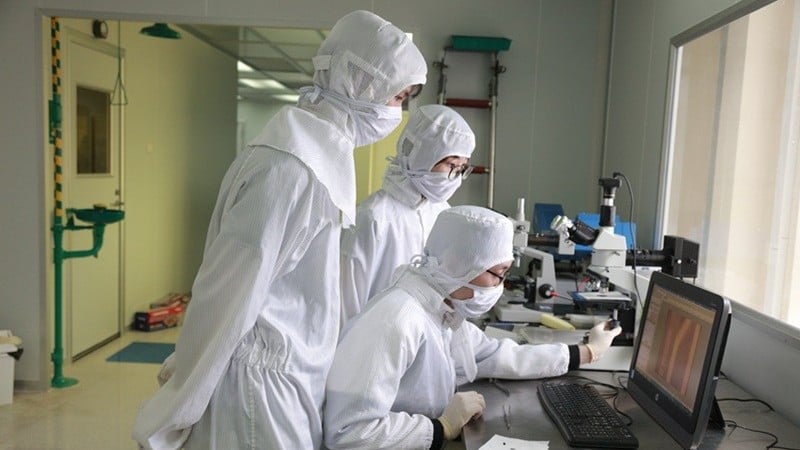
This is also an urgent requirement for businesses, research institutes, and universities in preparing human resources for technology development and strategic technology products.
Domestic training linked to attracting global talent
In the context of the country entering a new era with the aspiration of being strong, Resolutions No. 57-NQ/TW, 68-NQ/TW, 71-NQ/TW all emphasize that people are the center, high-quality human resources are the key to improving labor productivity and national position. Universities are becoming the core force in training strategic technology human resources, with programs approaching international standards, closely linked to labor market needs and transparent output standards. Many new industries are opened in key areas such as artificial intelligence, semiconductors, data science, materials technology, etc. to directly prepare the workforce to serve national strategic products and technologies.
Hanoi National University aims to train more than 8,000 high-quality human resources in the field of semiconductors and related industries by 2030. This is a strategic step to help solve the problem of a global shortage of about one million human resources in the semiconductor industry.
Hanoi National University aims to train more than 8,000 high-quality human resources in the field of semiconductors and related industries by 2030. This is a strategic step to help solve the problem of a global shortage of about one million human resources in the semiconductor industry.
Since 2025, many new training programs have been launched: the University of Natural Sciences has launched a master's program in semiconductors, and at the same time opened a bachelor's program in semiconductor technology; the University of Technology has trained two new majors: materials technology - microelectronics and microchip design; the Vietnam - Japan University has opened a major in semiconductor chip engineering. In addition, Hanoi National University has also launched courses to improve skills, retrain engineers, and promote international cooperation with leading universities in Taiwan (China), Japan, the US, and China to transfer manufacturing technology, microchip design, advanced packaging, and new generation chips.
At the same time, Hanoi National University also invited the world's leading professors to cooperate, such as: Professor Alexey Ustinov (Russia) as Honorary Director of the Institute of Quantum Technology, Professor Tang Jie - Tsinghua University (China) as Director of the Institute for Applied Research on Artificial Intelligence in Sustainable Development, and world-leading Professor Nguyen Bich Yen (Soitec Group, France) as Honorary Director of the Institute of Semiconductor Technology under the High Technology and Innovation Park.
Hanoi National University and the Government Cipher Committee also signed a five-year cooperation agreement to coordinate the training of high-quality human resources in quantum technology, cryptography, information security and semiconductors.
Notably, the University of Technology (Vietnam National University, Hanoi) has issued many breakthrough policies aimed at training a workforce with the courage and qualifications to contribute to the country's development aspirations, such as exempting tuition fees for all graduate and doctoral students, along with support of 5-7 million VND/month for students to fully devote themselves to research. The school also aims to build a modern training facility at Hoa Lac High-Tech Park, becoming an important link in training technical and technological talents.
Phenikaa University opened a training program for semiconductor chip design engineers and established a Microchip Design Training Center to provide specialized human resources. The training model is linked to research and commercialization through spin-off companies, helping students and young scientists both study and directly participate in projects on semiconductors, autonomous vehicles, and energy storage. Thereby, forming a future human resource for major national problems.
However, training institutions still need synchronous investment from the State in infrastructure and modern research equipment to improve training capacity and strengthen cooperation with enterprises in product development and commercialization. Professor, Dr. Le Anh Tuan, Party Secretary, Chairman of the University Council, Hanoi University of Science and Technology, said that it is necessary to build shared testing centers (fab-lab) for scientists and research groups to register for use, and at the same time have a support fund mechanism for consumables in the process of completing products.
In reality, there is still a lack of world-class experts in strategic technology fields such as semiconductors, aerospace, quantum, and artificial intelligence. According to the Ministry of Science and Technology, to solve big problems, we will have to attract global talent with large, influential "topics". In addition to preferential mechanisms and protection for researchers, proposing large-scale topics will be the key driving force to attract scientists to participate to the end.
Viettel Group's representative affirmed that strategic technology is an important factor in attracting the world's leading experts to Vietnam. To realize this, there needs to be a policy allowing experts to own or co-own research results, inventions and innovations; to contribute capital or hold shares in businesses originating from research results. CMC Group's leaders also said that to retain talent, there needs to be long-term stable conditions such as extending visa exemption for more than 5 years, expanding living support, and investing in modern living infrastructure and working environment.
Promoting "trilateral" cooperation
To develop strategic technology and technology products, businesses and research institutions all believe that the key is a “tripartite” cooperation mechanism. The State plays a creative role through policies, strategic orientations, investment in research infrastructure and technology orders; research institutes and universities create new knowledge, train human resources and develop basic technology; businesses are market drivers, possess financial resources and organize production. For an innovative product to reach the market, it is indispensable for the State and businesses to invest in completion, incubation and commercialization.
There needs to be a synchronous mechanism and policy to "pave the way" for universities and businesses to develop the semiconductor industry.
Associate Professor, Dr. Nguyen Tran Thuat,
Director of the Institute of Semiconductors and Advanced Materials,
Vietnam National University, Hanoi
Associate Professor, Dr. Nguyen Tran Thuat, Director of the Institute of Semiconductors and Advanced Materials, Hanoi National University, proposed that there should be a synchronous mechanism and policy to "pave the way" for universities and enterprises to develop the semiconductor industry. The State needs to have a favorable corridor such as: Tax incentives and a separate investment fund for semiconductor research at universities; a public-private partnership model, "three houses" (state-enterprise-university); a sandbox for importing old but effective equipment for key laboratories...
Considering that enterprises deploying strategic technology are practical environments for training talented students, the representative of Viettel Group suggested that there should be a mechanism to closely connect enterprises and schools, expand knowledge and increase practicality for students. One of the mechanisms that should be considered is to recognize the process of students' internship at enterprises as a credit in the training program.
Professor, Dr. Le Anh Tuan cited the three-way cooperation model that has helped Korea quickly rise to the leading group in chips, electronics and innovation, with examples such as POSCO Group investing 2 billion USD in POSTECH University; Samsung Group investing 50-100 million USD per year in Sungkyunkwan University; Korea Advanced Institute of Science and Technology cooperating with Samsung to develop semiconductor technology, artificial intelligence with financial support from the government.
The State needs to play the role of "midwife" in designing flexible financial mechanisms, sharing risks in the research phase, supporting output by ordering technology, and encouraging venture capital funds.
Professor, Dr. Le Anh Tuan
For Vietnam, Professor, Dr. Le Anh Tuan emphasized that it is necessary to visualize the scale of application, determine the infrastructure, equipment and technology that need to be invested, and at the same time predict the human resources that need to be attracted from foreign and domestic partners. The State needs to play the role of "midwife" in designing flexible financial mechanisms, sharing risks in the research phase, supporting output by ordering technology, and encouraging venture capital funds.
The local role is also very important. For example, in Hanoi, the Hoa Lac High-Tech Park needs to be developed into Vietnam's "Silicon Valley", attracting domestic and foreign talent. The city needs to coordinate with schools and institutes to build research centers, excellent laboratories, innovation centers with funding mechanisms and support for startups. This will be the foundation for Hanoi to take off with intellectual power, creating great value for the country.
One issue that technology experts have noted is that setting a “headline” for strategic technology products is not simple and can easily lack feasibility due to the lack of expertise of local authorities and management agencies. Therefore, the process of determining needs requires the participation of experts and scientists in the advisory council. A correct headline must have enough vision to create a breakthrough, instead of just solving a fragmented problem.
Source: https://nhandan.vn/lam-chu-cac-cong-nghe-chien-luoc-chuan-bi-nguon-nhan-luc-post909614.html







![[Photo] Prime Minister Pham Minh Chinh chairs the first meeting of the Central Steering Committee on housing policy and real estate market](https://vphoto.vietnam.vn/thumb/1200x675/vietnam/resource/IMAGE/2025/9/22/c0f42b88c6284975b4bcfcf5b17656e7)







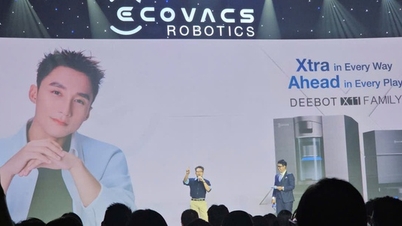




![[Video] Proposed regulations on dismissal and resignation if serious waste occurs](https://vphoto.vietnam.vn/thumb/402x226/vietnam/resource/IMAGE/2025/9/22/c411c23656574345a1eb305a7852400a)
![[Video] Ministry of Education requests to prepare online learning plan due to the impact of storm Ragasa](https://vphoto.vietnam.vn/thumb/402x226/vietnam/resource/IMAGE/2025/9/22/784872977f6e49bab6114d810af256c8)

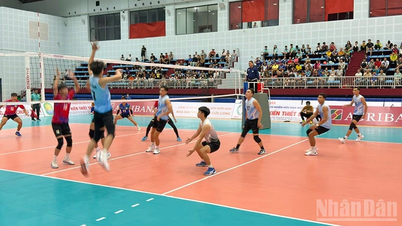


![[Photo] General Secretary To Lam presents the First Class Labor Medal to the Vietnam National Energy and Industry Group](https://vphoto.vietnam.vn/thumb/1200x675/vietnam/resource/IMAGE/2025/9/21/0ad2d50e1c274a55a3736500c5f262e5)




























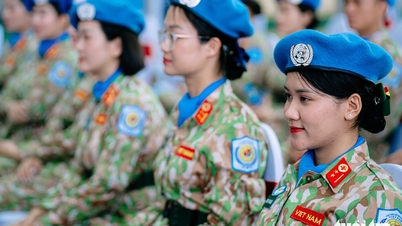








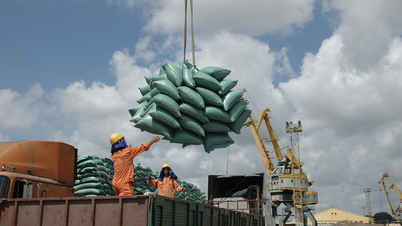











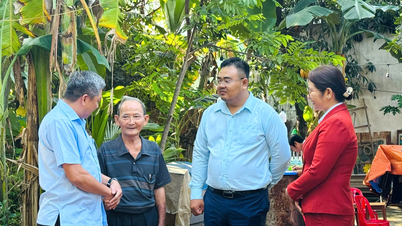














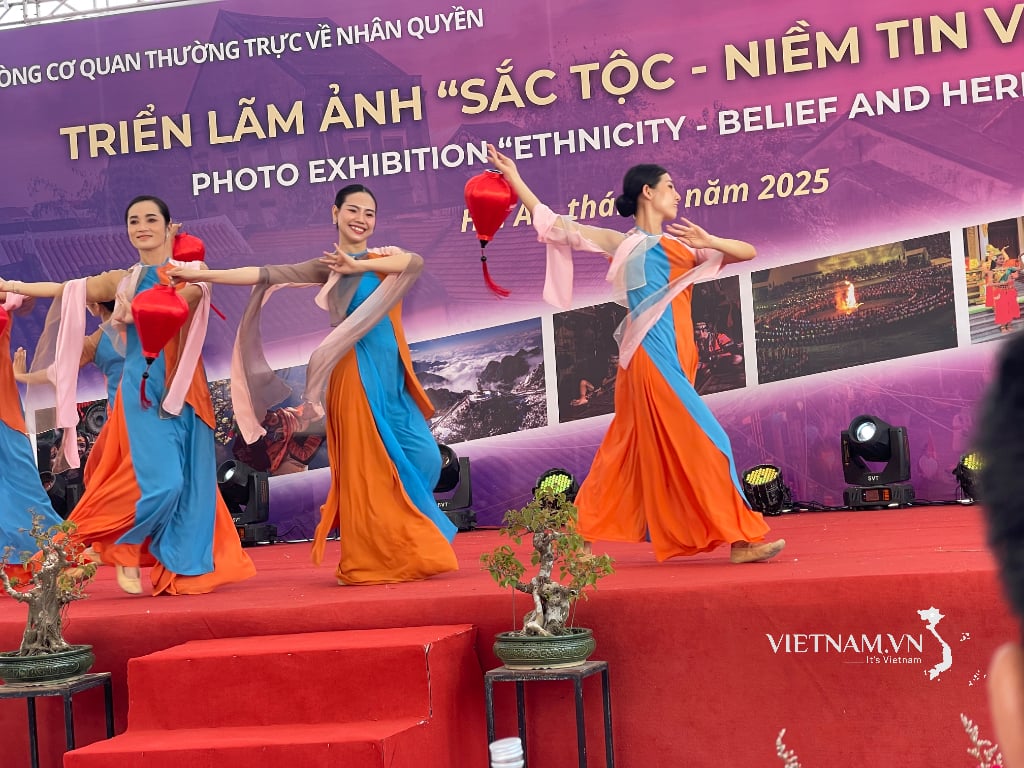
Comment (0)